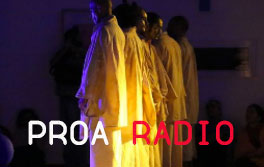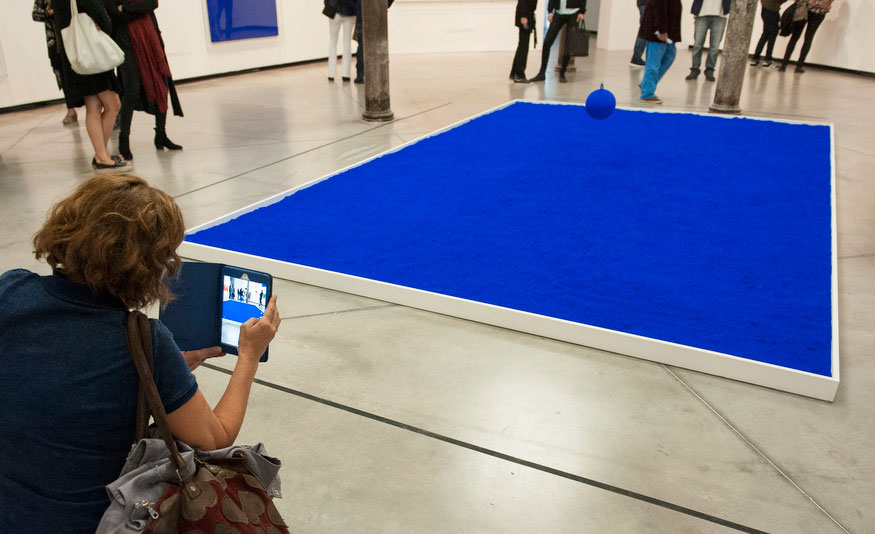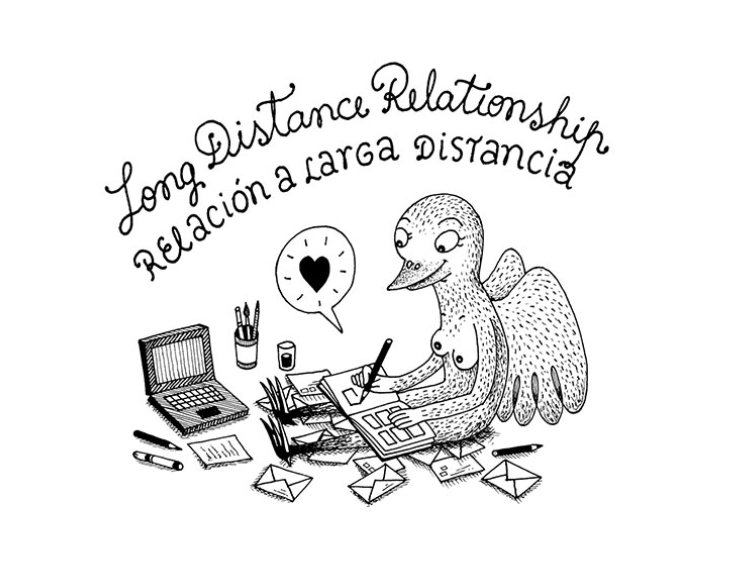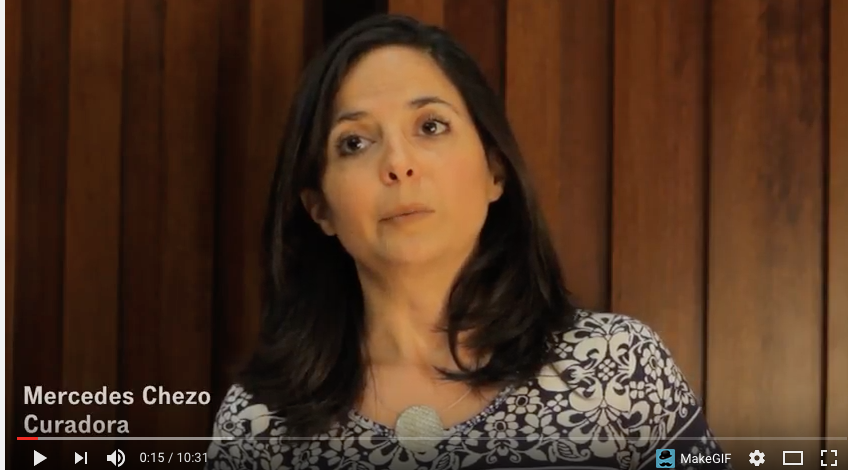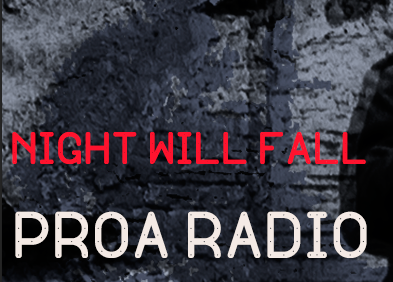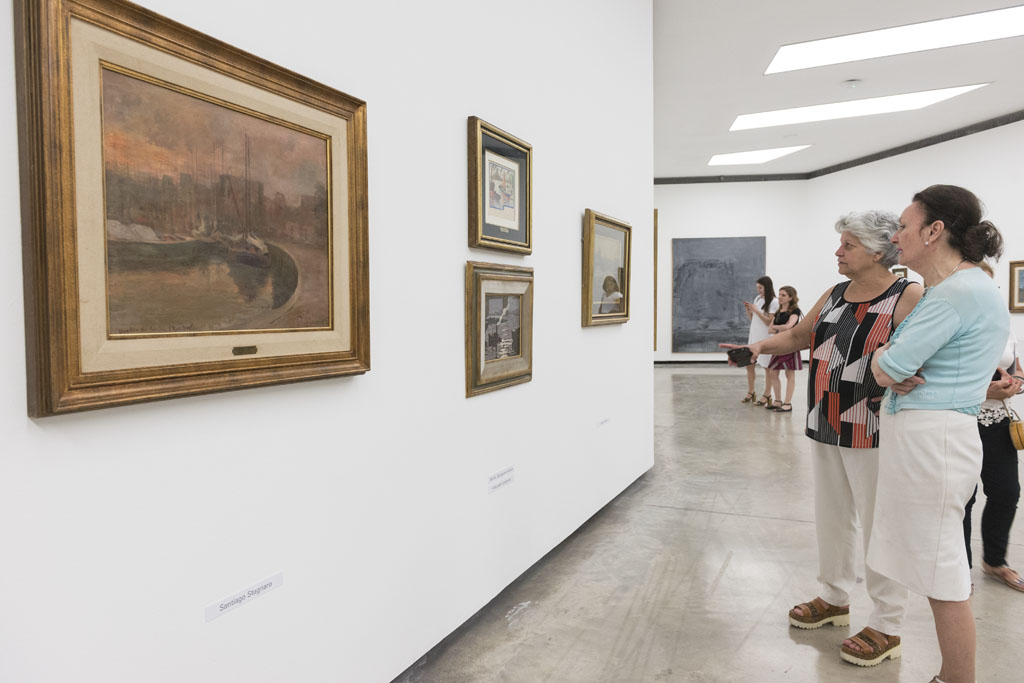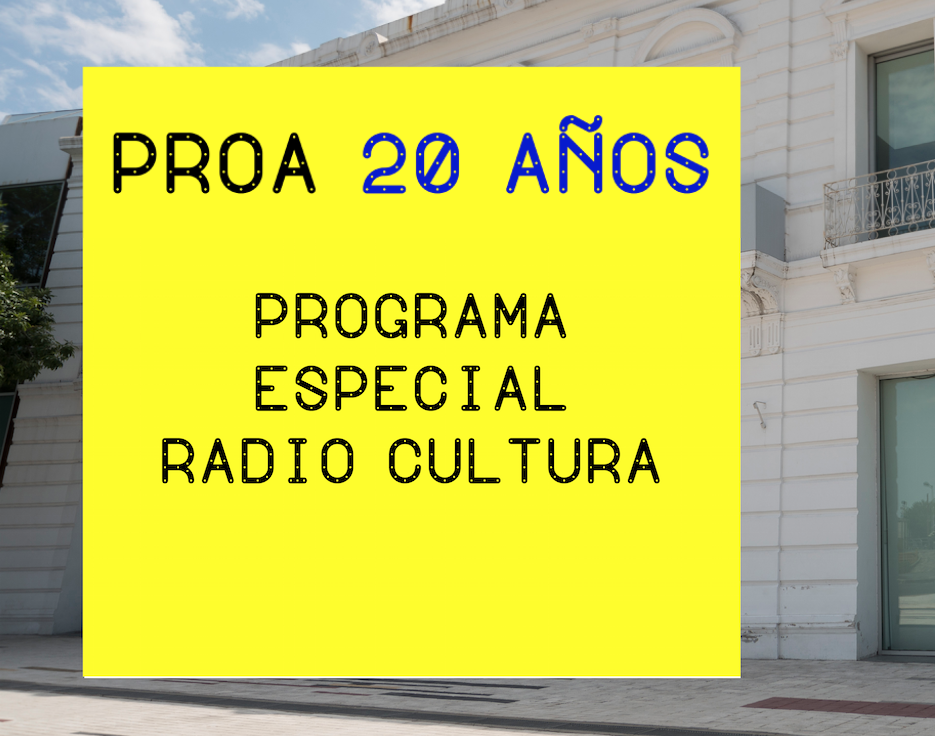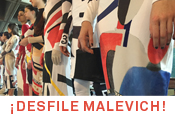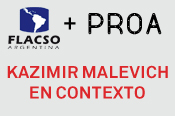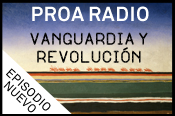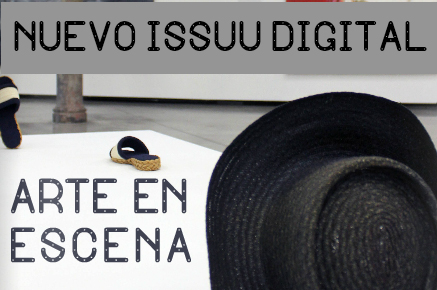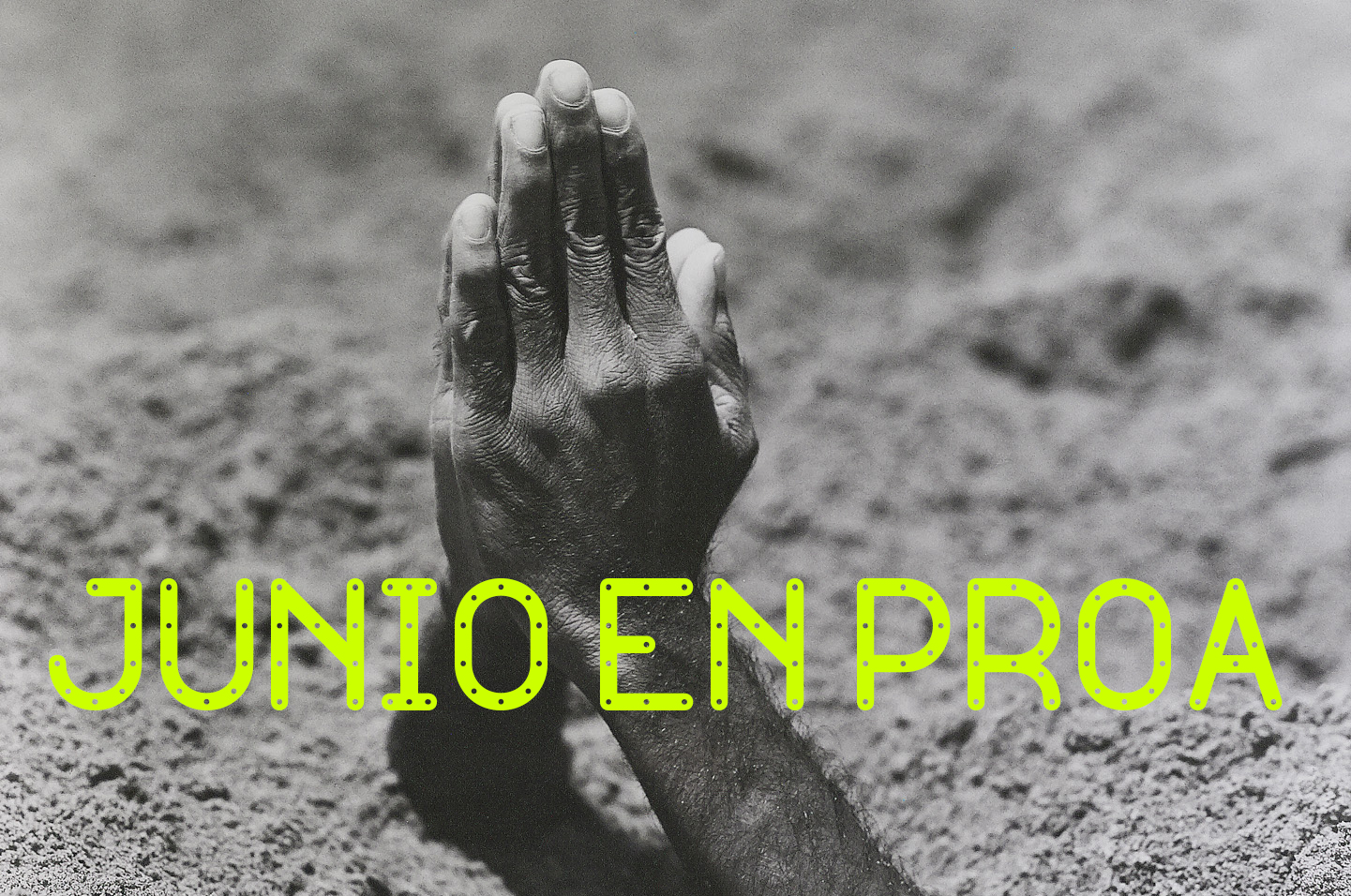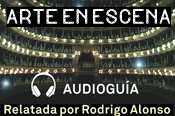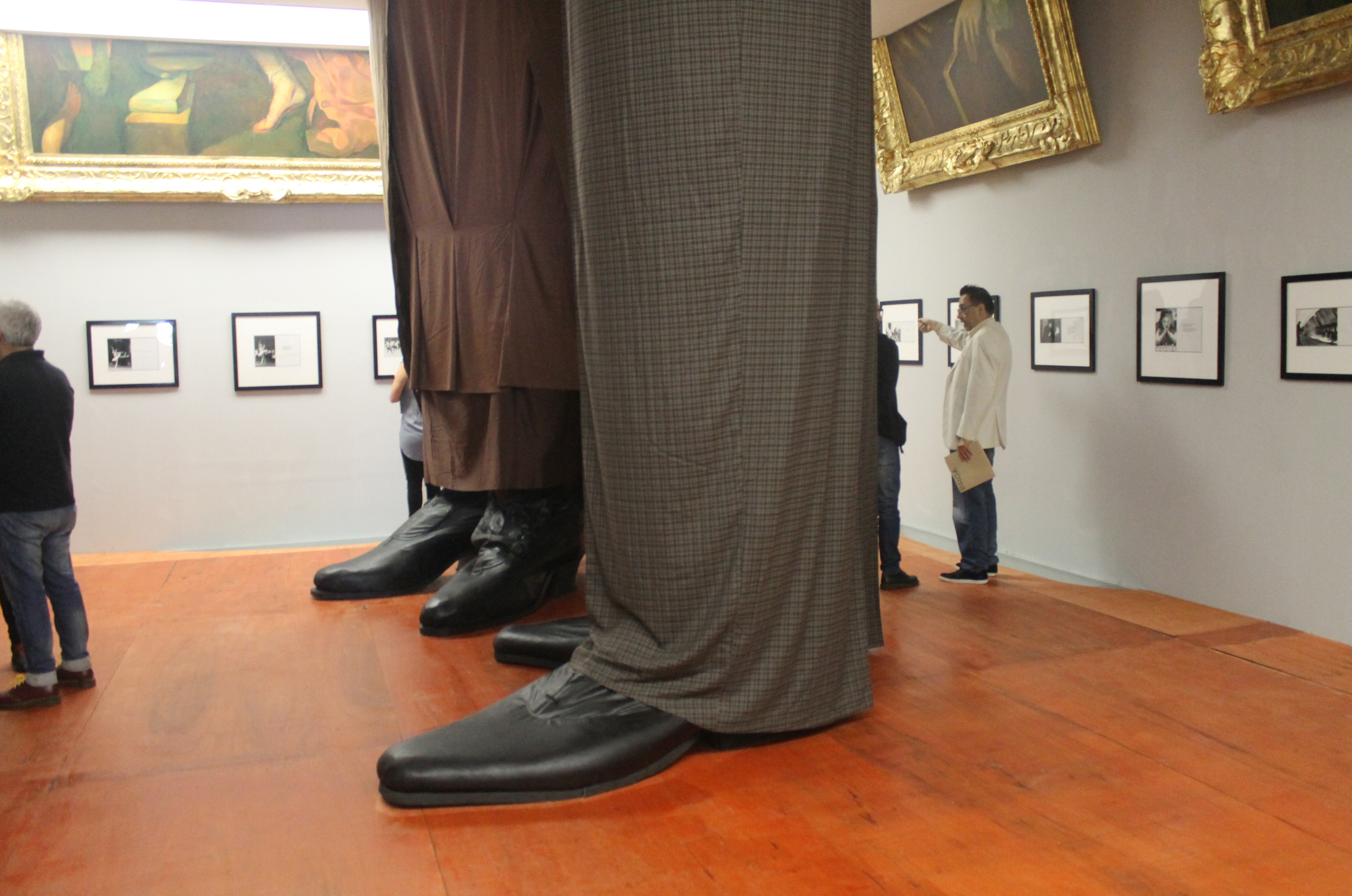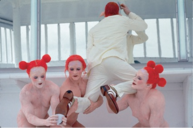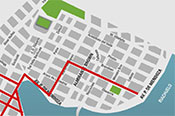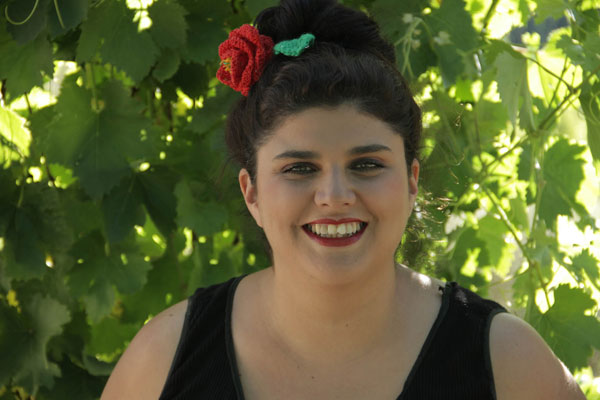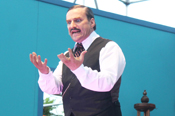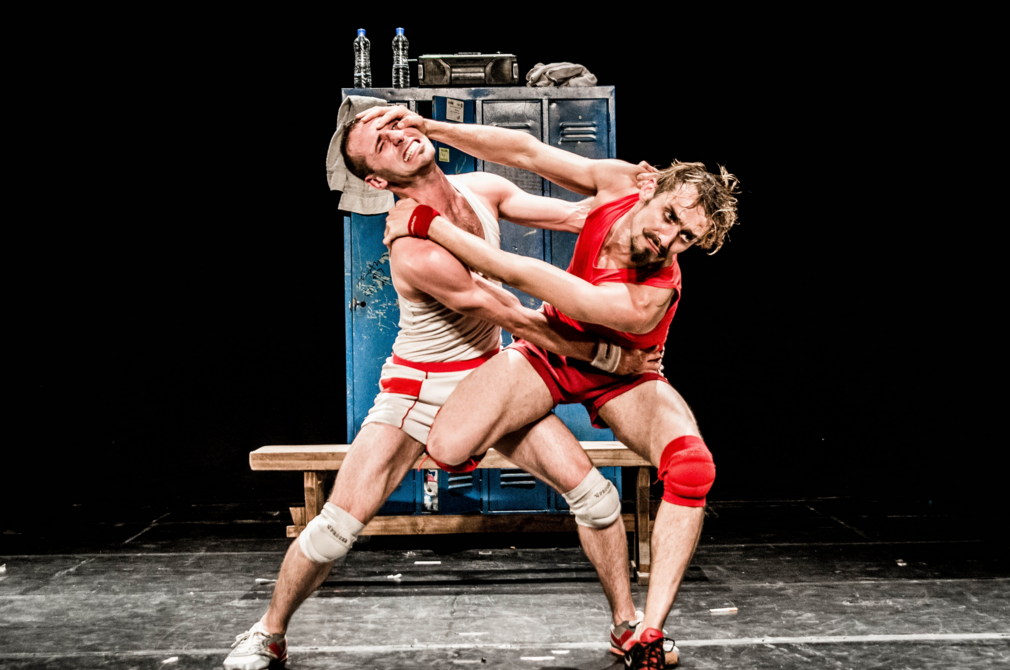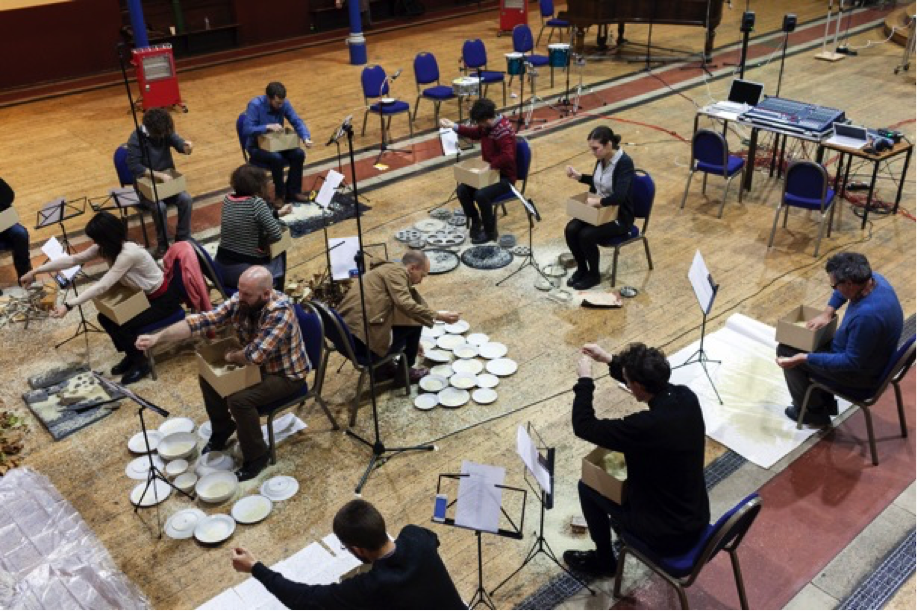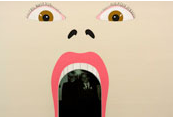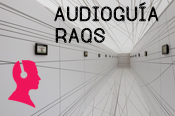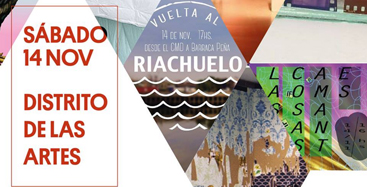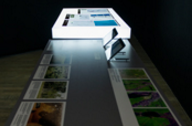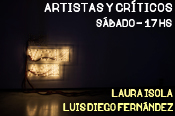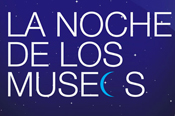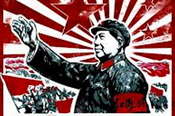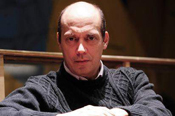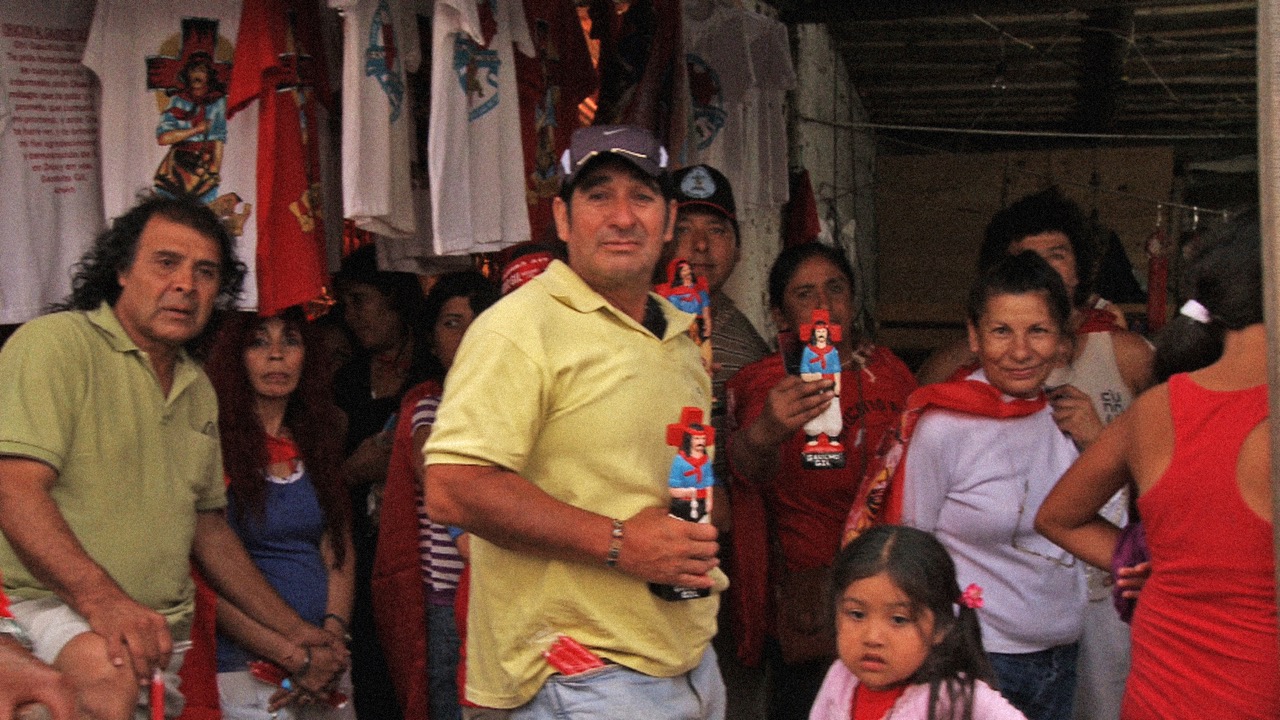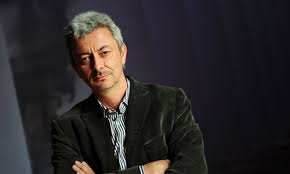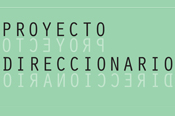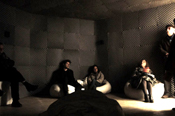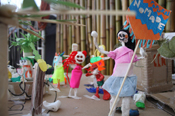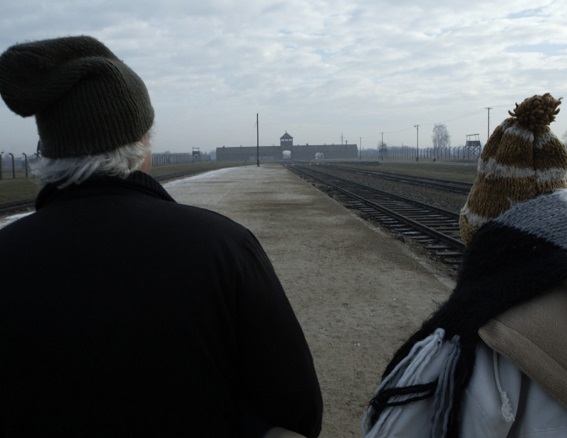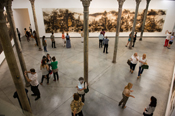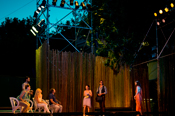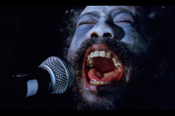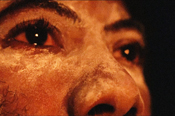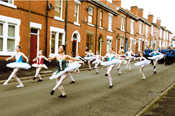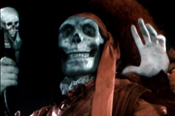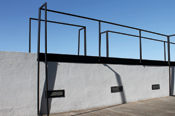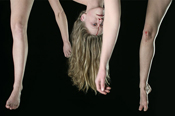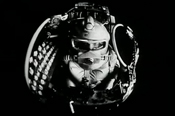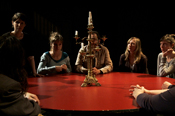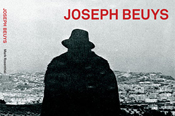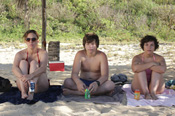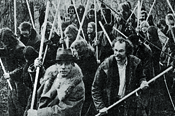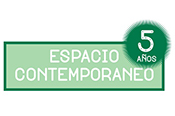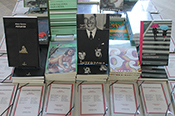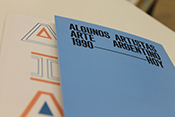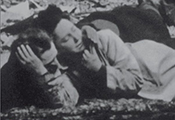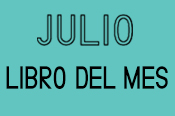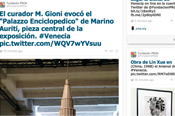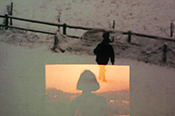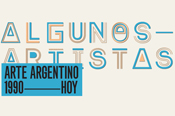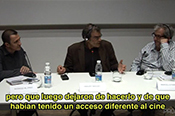âApuntes para una biografÃa imaginariaâ by Eduardo Cozarinsky will premiere at Fundación Proaâs Auditorium
July 11, 2010
The filmmaker will discuss his work with the audience at the end of the projection
Saturday July 10, 17, 24 and 31, 7 PM
Fundación Proa’s Auditorium Av. Pedro de Mendoza 1929 (Caminito)
For more information: auditorio@proa.org
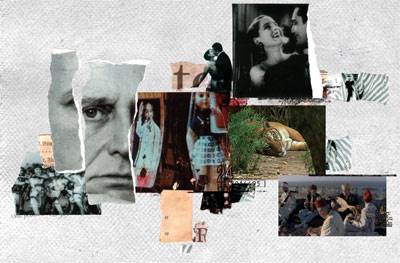
On July, Proa Cinema will present Apuntes para una biografía imaginaria (2010, 60’), writer/ director Edgardo Cozarinsky’ s latest film. The film will only be shown four times on Saturday July 10, 17, 24, 31 at 7PM.
Highlighting its experimental value, this visual biography navigates between the forms of the essay, the cinematographic production and narration without circumscribing to any specific gender. The presence of Cozarinsky, unavoidable writer, suggests the script and editing new reading territories, new frontiers in the search of memory/ remembrance.
The “imaginary biography” is constructed throught fragments of previous works as well as discarded material not used in films such as “One Man’s War” (1982), “Sunset Boulevards” (1992) y “El violín de Rothschild” (1996). This journey throughout the author’s biography is combined with historical pieces belonging to Cozarinsky‘ s personal archive (images of Vietnam, Stalin at the end of World War II and France under the German occupation)
Apuntes para una biografía imaginaria was previously premiered at BAFICI’ s 2010 edition, with two showings. The Film Festival dedicated the Panorama Section to acknowledge the director’s film trajectory. In this occasion, Cozarinsky presented his book “Cinematógrafo”, a collection of his essays on cinema.
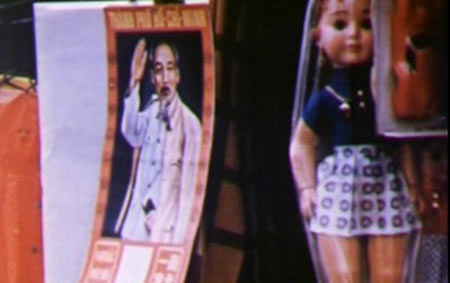
Film Credits
Production: Constanza Sanz Palacios
Written and directed by: Edgardo Cozarinsky
Original Soundtrack: Ulises Conti
Editing: Eduardo López
Sound: Gaspar Scheuer
Postproduction: Facundo Pires, Galel Maidana
Material restoration: Juan José Stagnaro
With the support of Buenos Aires Patronage’s law, Tenaris – Techint Organization and La Bestia Equilátera Publishing House.
Apuntes para una biografía imaginaria will premiere on July, 10 at 7PM at Fundación Proa’s Auditorium and will be shown again on Saturday July 17, 24, 31.
Limited seating / General Admission: $10. Students and Senior citizen: $8.
By telephone with American Express to: [+54 11] 4104-1000

On the Film
Paraphrasing Borges, Edgardo Cozarinsky has gathered images, words and sounds. One fine day, inspired by Ulises Conti’ s music, he realizes that these fragments - in which History dialogues with people’s fate and silent grievance - draw the image of his own face.
On the author
Edgardo Cozarinsky was born in Buenos Aires, and lived over thirty years in Paris. Nowadays, he spends most of his time in his hometown. Amongst his books, we can highlight his novels “El rufián moldavo”, “Maniobras nocturnas” and “Lejos de dónde”, the short stories “La novia de Odessa” and “Tres fronteras”, the essays “El pase del testigo” and “Blues”, and the unclassifiable “Vudú urbano”. When it comes to his film productions, his favorites are “La Guerre d’un seul homme”, “Boulevard du créspuscule”, “Le Violon de Rothschild”and “Ronda nocturna”.
Sergio Wolf
The smaller stories that grow at the margins of the Big History were more the underlying tone of Cozarinsky’ s films– and stories, essays and novels -, than its subject matter. Nevertheless, there was also a literary dimension, a flow of lives, destinations, passions and convictions, both crossed and interfered. In this sense, Apuntes para una biografía imaginaria is both a continuity and the beginning of a new course for the filmmaker’s productions; since these stories – filmed, found, alluded, stories of love and pain, even secret stories – don’t pretend to suggest a sense of totality. They are part of a quest – that twin sister of randomness – that zigzags, finds, abandons, lightly illuminates then vanishes, leaving us with the gratifying feeling that under those beautiful moving texts, behind these powerful yet unknown images, there is more, much more. In these times, when cinema is defined by its excesses, Apuntes … produces an extraordinary effect: its sobriety is so discrete and confessional that it reminds us that cinema is not the world’s rumor but is made of – or better yet, is – the murmur of human beings.
Daniel Link
In the presentation of his last cinematographic exercise, Apuntes para una biografía imaginaria, Edgardo Cozarinsky stays corrected and states that his work, which he is (and for a good cause) reluctant to call “film”, was not exactly intimate, but clandestine. No other adjective could fit this film more perfectly as Apuntes para una biografía imaginaria seems to start at the same place (that favorable twist) that Ernst Jnger -leading role in La guerra de un solo hombre, another Cozarinsky’ s film - defined as the only possible space for his (and our) times.
Apuntes para una biografía imaginaria is constructed with what remains (as are other post cinematographic monuments, such as: Hurlements en faveur de Sadeo Histoire(s) du cinéma). However, unlike in those films, Cozarinsky (who will only accept his name to be mentioned at one of those productions) assumes all the consequences of the fact that nowadays we all discover ourselves being what remains. It is not, then, about the retrieval of waste of other films (sequences that were left out or can be re signified in a different context) nor is it a photomontage put together in a collector’s rush. Cozarinsky presents his Apuntes… (deliberately articulated in a spiral of time going back and forth) not like a thing from the past, not as memories or testimonies that should be saved from oblivion; but almost as a sabbatical holiday: the suspension of time and activity; not work but the in-operation and un-creation. The situation of being what remains, which Cozarinsky puts both him and ourselves in (as spectators of his non-film and post-cinematographic exercise - I am aware that, in this context, the word “avant-garde” is not useful at all) is that of what is imminent: Apuntes para una biografía imaginaria is the present tense coming after the last day, a time where nothing can happen because the new is still in course. That is the time tension of what is imminent.
The remains are also a wake-up call: Isn’t that what those constant loves in front of Cozarinsky’ s camera lens have been forced to interpret? What they hear and what they react to (for better or for worse) is a small tune, a small tune that holds the secret of the film, establishing its internal coherence, and which remembrance but most of all the imagination (what are they thinking? Why do they cry?) dance to. Cozarinsky is well aware of the fact that there is no more cinema (in a cinematographic sense to say the least) and proves it with his not intimate but clandestine Apuntes (some would say: tactic maneuvers have better remain unknown). It is not a film but a kind of exercise that serves the purpose of developing an ascesis: a spiritual exercise. Nothing is past in these Apuntes because the only temporality that they recognize as such is that of a continuous present. This is why there is no proper filmmaker behind this exercise but a survivor, a writer without a reader, a poet without its people. Those are some of the reasons that make Apuntes para una biografía imaginaria a post cinematographic “masterpiece”. So far there has not been many like it and I don’t believe there will be many more, at least not with the intensity that Cozarinsky has known to imprint.
David Oubiña
Apuntes para una biografía imaginaria is, as it should be, a film both melancholic and smart. There is, in fact, a sort of portrait done with the remains of a shipwreck. This is what the filmmaker’s voice says. One should not expect that the notes on one’s own biography are formed by the most significant moments, but, to the contrary, by pieces that suddenly scintillate perceiving a moment of danger, as Benjamin wanted. That was without a doubt the challenge of this beautiful and fleeting film. That is what is admirable about his notes; the forgotten moments, secondary, not stellar, are suddenly charged with a new vitality (that was not there before and at the same time was – now we know – at the original context). With those materials, Edgardo Cozarinsky shapes a moving story in scorso.

